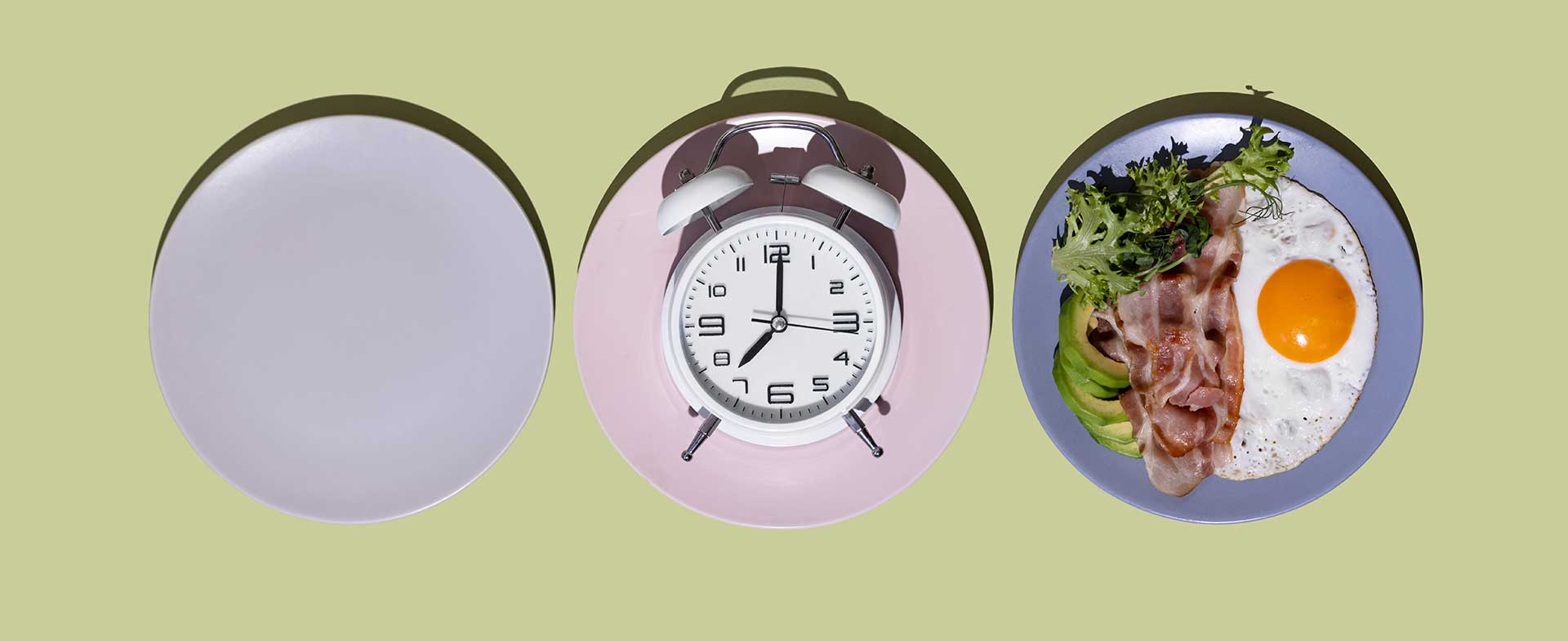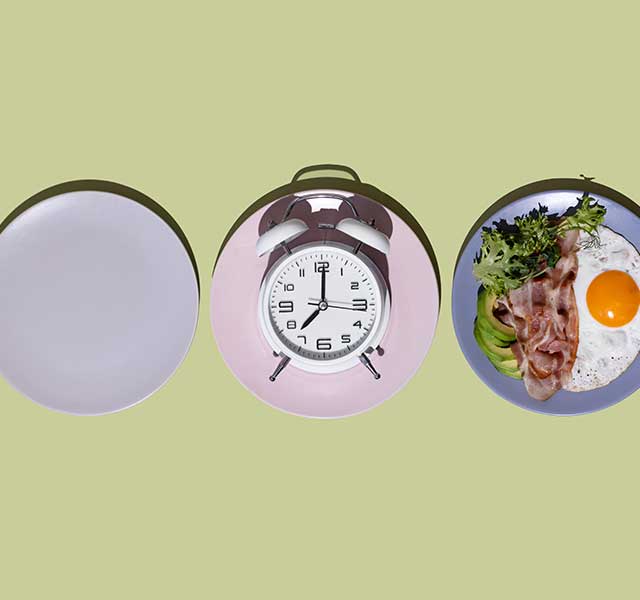Within the past few years, intermittent fasting has become a popular weight management strategy. Whether it’s beneficial is still in question, but the idea is to restrict calories by focusing on when you eat instead of what you eat. This can be done in a few ways: There’s alternate-day fasting, which restricts calories every other day. There’s two-day fasting, which restricts calories two days a week. And there’s time-restricted fasting, which allows you to eat only within an eight-hour window (often 12 p.m. to 8 p.m.).
Intermittent fasting has even been suggested to help slow cancer growth rates in combination with chemotherapy, but evidence is limited to small and mostly non-human studies.
“One small human study did show intermittent fasting may mitigate side effects of chemotherapy, like fatigue and nausea, and help with chemotherapy-induced toxicities like mouth sores,” says Hannah Lepkowski, RDN, a registered dietitian nutritionist at Henry Ford Cancer. “But it included just 34 people who had gynecologic and breast cancers. They ate just a few hundred calories the day before, the day of and the day after chemotherapy, drinking mostly vegetable juices, broths and water. On the other days, they followed a mediterranean diet with lean protein, veggies and healthy fats. But because the study was so small, I can’t say this would definitively work for someone.”
The Risks Of Intermittent Fasting When You Have Cancer

Cancer Nutrition At Henry Ford Health
For many people who have cancer, Lepkowski says intermittent fasting isn’t a good idea – nor is it possible. “If you’ve already lost a lot of weight due to cancer and cancer treatment, or if you have diabetes, dementia, or a history of an eating disorder, intermittent fasting isn’t for you,” she says. “Many people who have cancer are already eating a limited amount because they’re nauseated or experiencing digestive issues, so restricting calories even more could be harmful.”
Also, those with cancer need more protein and calories than the average person to help with healing, fighting infections and maintaining weight, Lepkowski adds. Not consuming enough can inhibit recovery and cause frailty.
“Very few patients can try intermittent fasting, which is probably why human studies are so limited,” she says. “Who knows, future studies may show whether there are benefits. But right now, there aren’t many people with cancer that I’d recommend it to – and it would probably only be those who feel well enough, who haven’t lost weight and who actually want to do it. If you don’t have any of the above risk factors, it doesn’t hurt to try intermittent fasting – just make sure to ask your doctor first so your healthcare team can closely monitor you. And definitely stop if it’s giving you headaches or making you feel unwell.”
Reviewed by Hannah Lepkowski, RDN, a registered dietitian nutritionist at Henry Ford Cancer - Detroit.



